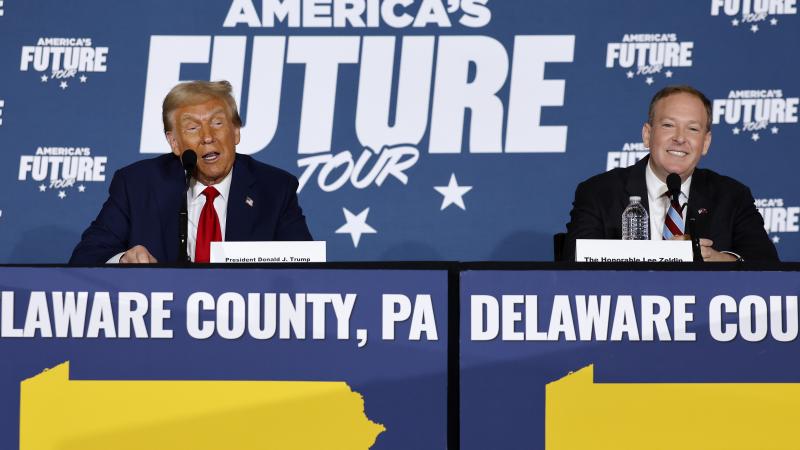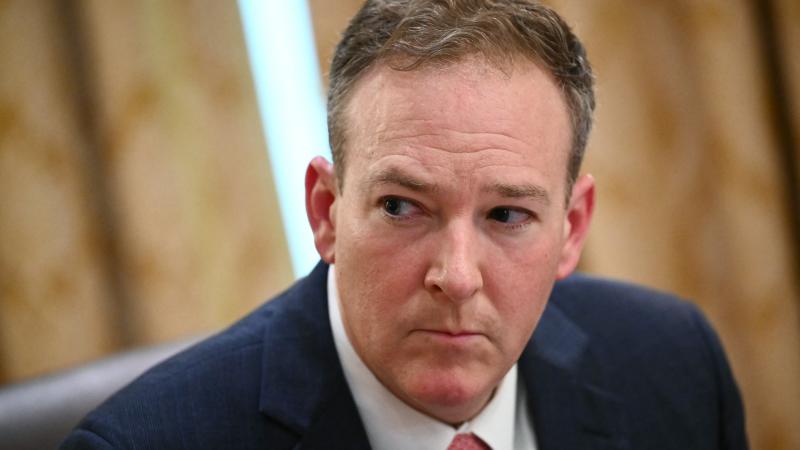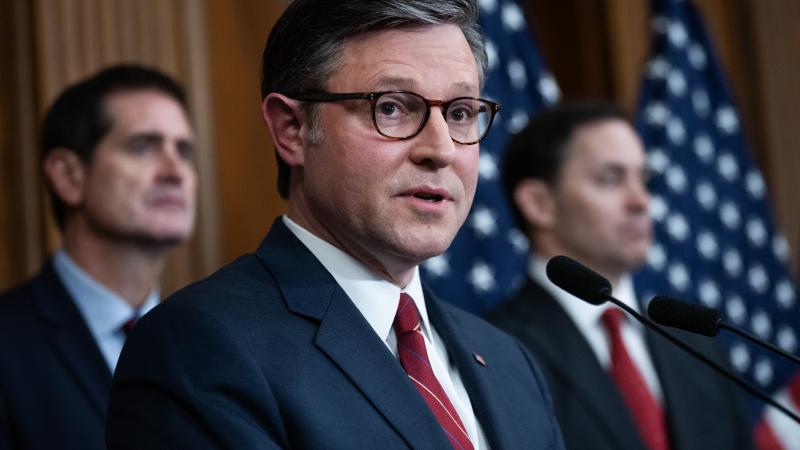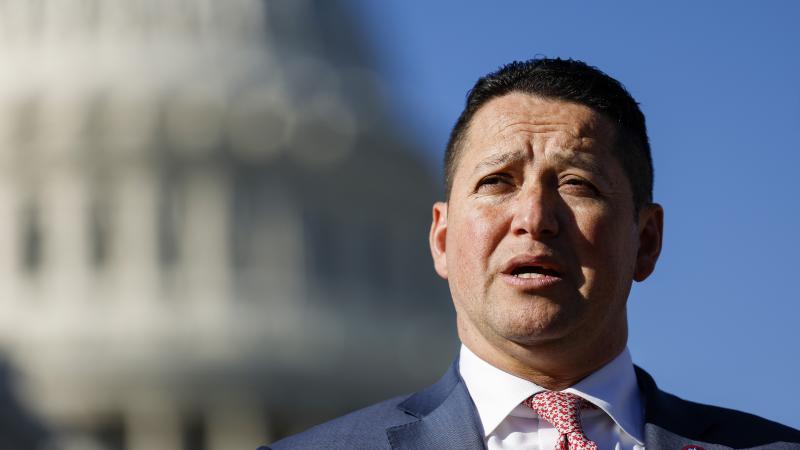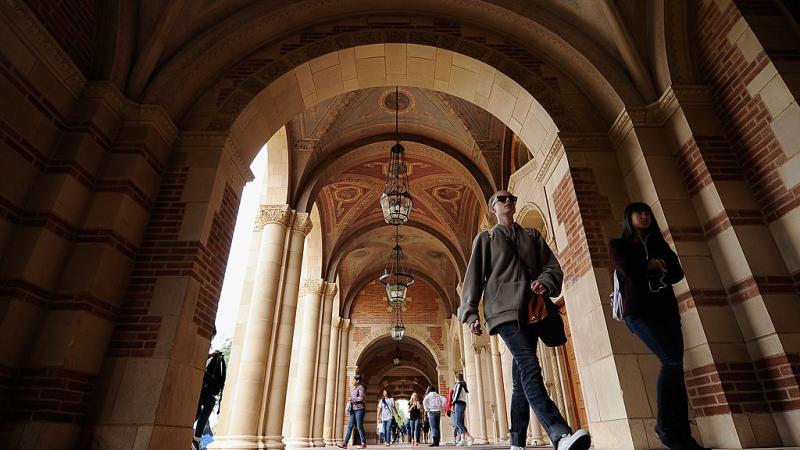Bill Gates commits $1.5 billion to infrastructure bill climate projects
The funds would be related to a public-private partnership with the Department of Energy.
Bill Gates said he will commit $1.5 billion over three years to climate change projects with the government that are included in the $1.2 trillion infrastructure bill.
The infrastructure bill, which has been passed by the Senate but not the House, includes $25 billion in Department of Energy funding for public-private partnership demonstration projects, The Wall Street Journal reported. The $25 billion is part of over $100 billion set aside for addressing climate change.
In an interview with the Journal, Gates said that the $1.5 billion he is pledging would come from his Breakthrough Energy climate investment fund.
"Critical for all these climate technologies is to get the costs down and to be able to scale them up to a pretty gigantic level," Gates told the Journal. "You'll never get that scale up unless the government's coming in with the right policies, and the right policy is exactly what's in that infrastructure bill."
Breakthrough Energy would have to compete with other applicants for the government funds provided in the infrastructure bill, the Journal noted.
Department of Energy Secretary Jennifer Granholm joined the Journal interview with Gates, saying, "What this shows, this leadership shows, is that the private sector is hungry to partner, is hungry to get in the game on this. And we're hoping that this example sparks others to also step up and make sure that we can get these demonstration projects fully funded and in the ground and going quickly."
The projects that Breakthrough Energy would help with include green hydrogen, sustainable aviation fuel, long-duration energy storage, and direct air capture to take carbon dioxide from the atmosphere, CNN reported.
"Avoiding a climate disaster will require a new industrial revolution," Gates said. "We need to make the technologies and products that don't cause emissions as cheap as those that do, reducing what I call Green Premiums, so the whole world can afford them and reach our climate goals."


